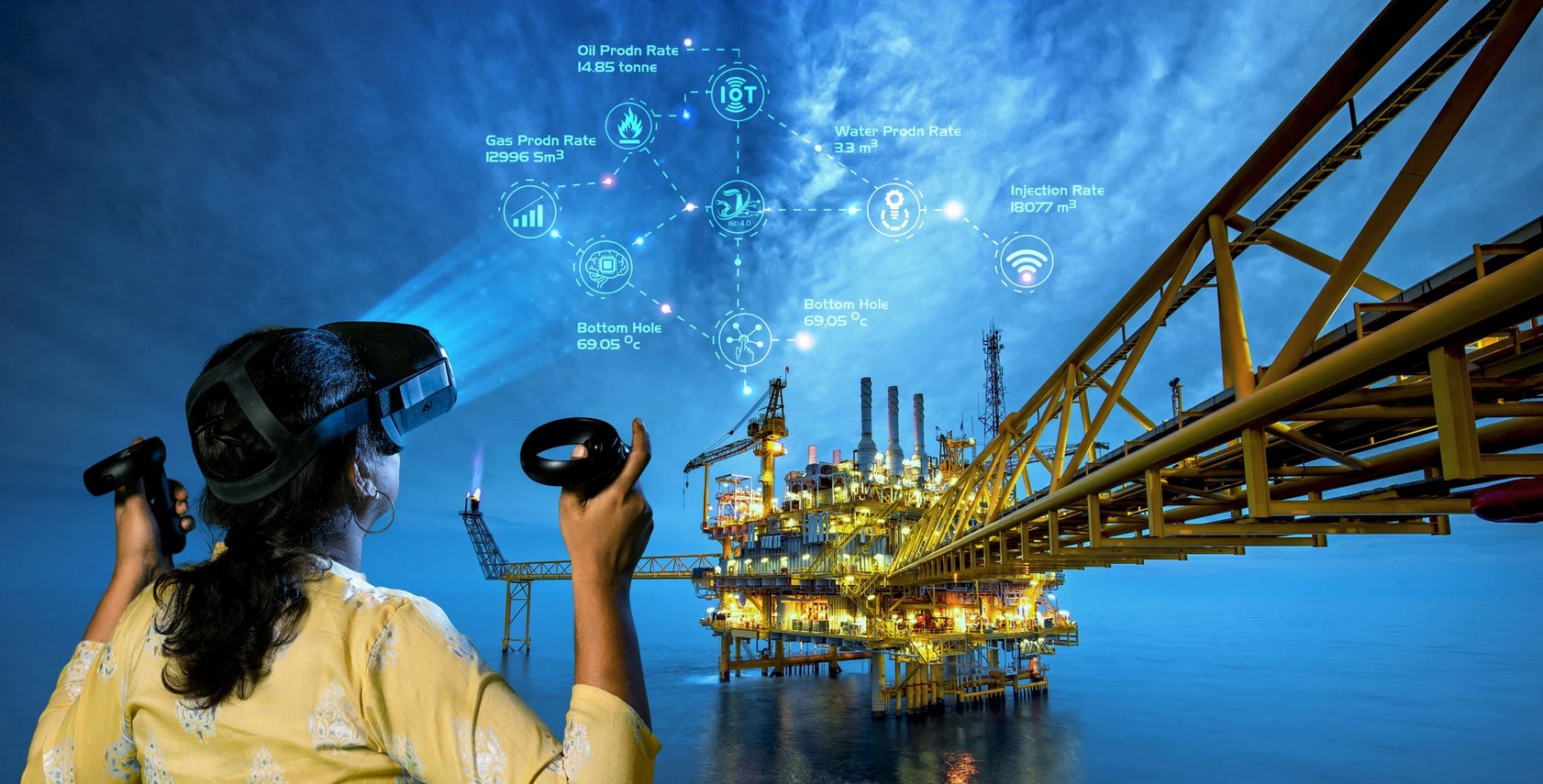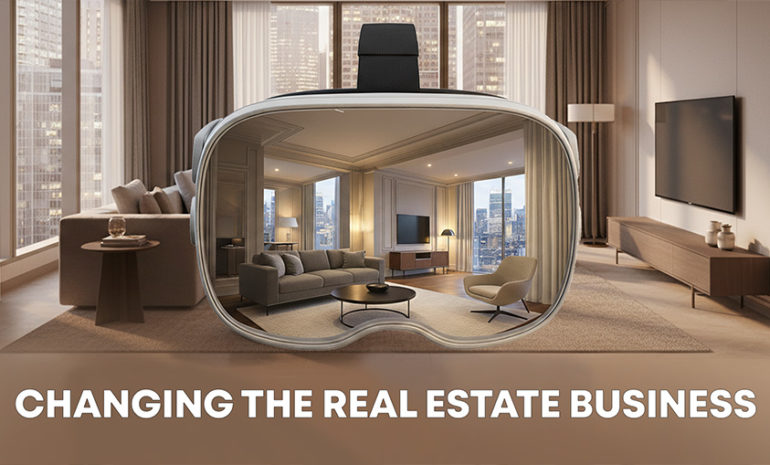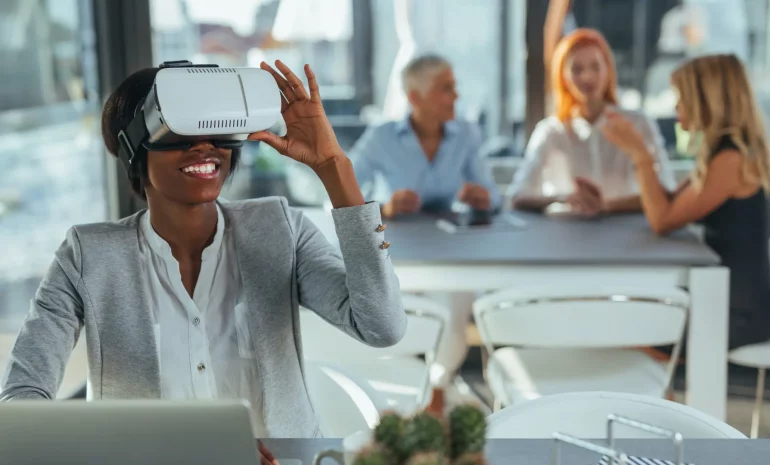High-stakes industries demand precision, efficiency, and zero tolerance for error. In Nigeria, sectors such as real estate and oil & gas are discovering how Virtual Reality (VR) is reshaping the way projects are planned, presented, and executed. What once sounded futuristic is quickly becoming an operational necessity.
VR in Real Estate: Faster Deals, Smarter Designs
For years, property development relied on 2D drawings, static renderings, or physical scale models. These tools often left too much open to interpretation, causing delays, misunderstandings, and costly revisions.
VR changes this completely. Developers, investors, and buyers can now walk through buildings long before construction begins — experiencing everything from room layouts to lighting and finishes. This immersive approach builds confidence early, helps buyers make decisions faster, and uncovers design issues before a single block is laid.
By offering lifelike previews, VR is shortening project timelines, reducing expensive changes, and helping developments stand out in a crowded market.
VR in Oil & Gas: Safety and Efficiency First
Few industries face greater operational risks than oil and gas. Training workers on-site can be hazardous, disruptive, and costly — yet precision is non-negotiable.
VR provides a safer alternative. Engineers, technicians, and emergency responders can rehearse critical tasks in a virtual environment, from shutdown procedures to hazard responses and maintenance routines. They gain practical experience without endangering themselves, equipment, or production schedules.
Beyond training, VR is also revolutionizing facility access. Virtual tours allow regulators, partners, and other stakeholders to inspect refineries, pipelines, or offshore rigs remotely. These tours improve understanding of site layouts and operational challenges while reducing travel expenses, minimizing disruptions, and improving security by limiting exposure to sensitive areas.
A Common Thread — Better Decisions, Lower Risk
Whether previewing multibillion-naira developments or preparing onshore/offshore crews, VR offers unmatched clarity. Decision-makers can evaluate scenarios, test outcomes, and solve problems before committing major resources to construction, training, or infrastructure. The results are consistent: lower risk, higher efficiency, and stronger stakeholder confidence.
Nigeria’s Window of Opportunity
Globally, VR is already cutting costs, accelerating approvals, and improving collaboration across industries. In Nigeria, the timing is right to adopt these tools at scale. Businesses that embrace VR early will gain a strategic advantage — improving how they build, train, and communicate. At Insightful3d, we are at the forefront in helping Nigerian businesses leverage on immersive technologies for improved business outcomes.
The real question is no longer whether VR will transform these industries, but how quickly Nigerian companies will adapt. Those who move first will set the pace for everyone else.


